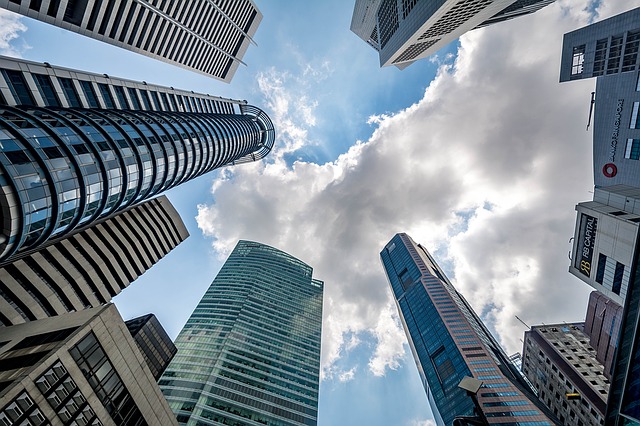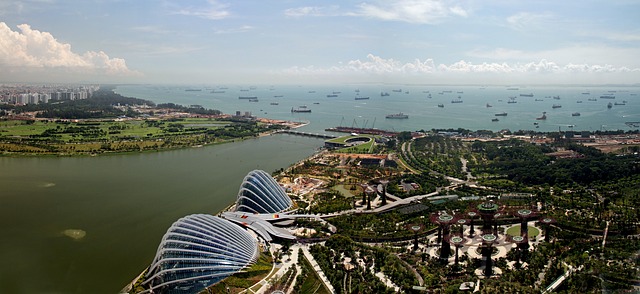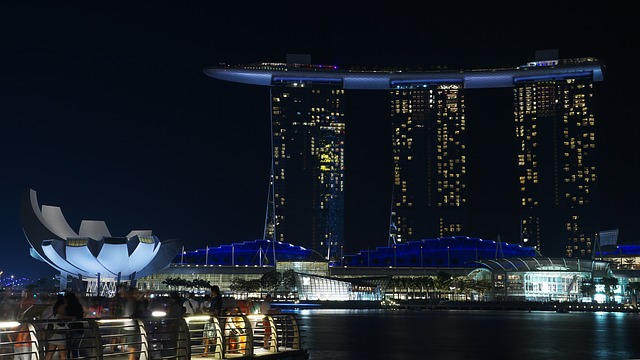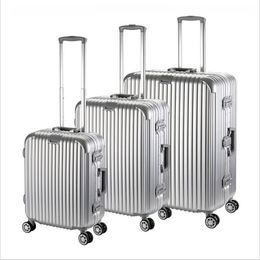Living and Prosperity: Locals, Expats Need to Know

Real estate in Singapore surged before the 2008 economic crisis like many other Asian countries, and then saw a hasty crash and decline once the global recession struck. However, nearly eight years later, there are new things happening in the real estate sector. For one, the cooling measure put into place by the government are having a long lasting effect, with many experts trying to predict what will happen once the measures are removed. Although this will not be happening in the first half of 2016, there are also other factors at work. Trends in where buyers want housing are also shifting due to price and demand, with Core Central Region homes (CCR) after being traditionally desirable locations. Developers are also eager to unload unsold inventory and property they’re still retaining since the real estate market has cooled substantially and prices have dropped, so buyers will see lots of incentives this year to purchase in terms of payment schemes. Last, but not least, public BDB housing remains a popular go-to for many Singaporeans, with a large portion of the population still choosing to invest in these types of flats. Here are some more detailed points that every buyer and real estate broker alike should know about the property market in Singapore for the rest of the year.
1. Core Central Region Homes Rebounding
According to Channel News Asia, experts predict that homes in the Core Central Region (CCR) will make a recovery in 2016, since they were most hard hit by government measures to curb the real estate sector’s dramatic growth. The demand for these areas was also slightly diminished due to an increased interest in the Outside Central Region (OCR), due to more attractive prices. In general, this shows a balance between home buyers who are looking for location with a high price, or less attractive location for a lower price. Also keep your eyes out for recovery since the government cooling measures have been in effect for a few years now, and some areas will finally start to see increasing prices again. According to PropertyGuru Singapore property news, Singapore still has a substantial amount of developers creating new properties, and new tools for real estate investors and would-be homeowners coming onto the market every day. One of the best indicators for the real estate sector making a rebound is the fact that property portal sites continue to build resources for home hunters. Funds are being invested in this technology and to bring more useful information and organizational resources to individuals interested in purchasing property. Although the intentional chilling effects of the government’s measures over the real estate industry are still being felt and in effect, there also aren’t any clear signs that the Singaporean property market is going to take a free fall nosedive either.
 2. Developer Schemes to Unload Unsold Properties
2. Developer Schemes to Unload Unsold Properties
There’s no doubt that although some prospects are looking up in 2016, there’s still a lot of ground to be recovered in the Singaporean market before the prosperity that brokers and developers enjoyed in 2008 comes back. In fact, although the real estate sector skyrocketed in value, its artificial influxes in value that led to the dramatic plummet during the global recession and it’s preferable that market remains stable, rather than fluctuating wildly. Keeping that in mind, developers are now being compelled to sell off stock with incentives for buyers, and particularly first time buyers with different types of payment schemes to draw people in. Yahoo! Finance Singapore reports that currently, developers are offering special deals for real estate buyers to entice increased sales, including plans where purchasers can put down particular percentages of a down payment on property to use a delayed payment scheme.
3. The Only Certainty Is Uncertainty, and It’s Not Just Singapore
Although there are many things happen currently in the Singaporean real estate sector, such as the government’s dramatic measures to curb prices from skyrocketing out of control again and decrease in foreign investments, it’s not the only country to experience these phenomena in Asia. World Property Journal reports that 2016 will be a year full of unpredictable events, not only in Singapore, but also throughout the region, with the impact of United States interest rates shifting and China’s cooling economy having strong repercussions as well. If you want to get a better idea of what’s going to happen in the latter half of 2016 with real estate in Singapore, listen not only to the experts at home, but also watch foreign economies and rates.
There are also two different types of real estate buyers: homeowners and investors. Many investment properties come from abroad and are inextricably linked with tourism, so the less attraction to Singapore there is from outside the country, the less profitable the real estate sector is going to be. The type of market that existed in 2008, with a huge demand and less supply for property in specific areas that drove up prices astronomically, no longer does. Since the global recession, it’s a different world with a different crop of investors and buyers. Keep a close watch on what types of housing become popular, where, and who’s buying, and especially how those trends have deviated from 2008.
 4. HDB Remains Attractive to Buyers
4. HDB Remains Attractive to Buyers
The Singapore Business Review reports that HDB housing is the most in demand, and that over 80 percent of Singaporeans live in public housing units. These units are always a stalwart option for buyers more interested in owning their own home than investment. If you’re looking for an affordable option that still offers some upscale amenities, then considering an HDB property in 2016 may put you on the right track to getting what you need at a reasonable price. Although the demand for luxury housing was very high a few years ago, due to the slowdown of the real estate market and falling prices, there’s now a glut of expensive housing that no one can afford. That’s where HDB comes in, and remains an attractive option to buyers this year. It’s also a more secure investment in terms of mortgage rates and terms.
Real estate investment and buying can be a risky game, but there are always factors that help to determine what to expect. Between government measures to control pricing and keep rates from skyrocketing, to simple supply and demand based on buyers’ desires, it’s definitely possible to make wise decisions by taking into account all of these factors. Real estate right now in many Asian countries is under the microscope, given that before 2008, Singapore had one of the biggest booming real estate markets in the region. Other economies are also inextricably linked, particularly those of China and the United States. Foreign investment is impacted not only by trade stamp taxes and government overview, but also by the decrease in tourism interest. Many expats that purchase property in Singapore are either looking for a change of lifestyle, a second home, or an investment property. Since the hot spot of real estate development that Singapore represented before the recession has declined, foreign investment has also dwindled, freeing up lots of housing stock on the market. There are many moving parts at work that will drive where the Singaporean real estate industry goes by the end of 2016, the biggest most being the government’s cooling measures, and when they’ll be removed.








Leave a Reply